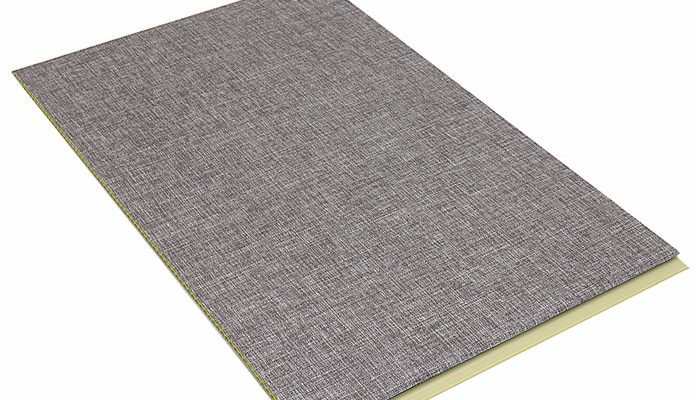
PVC cladding has gained significant popularity in the construction industry due to its numerous advantages, including its waterproof properties. In this blog post, we will delve into the world of PVC cladding, exploring its waterproof capabilities, applications, and benefits. Whether you are a homeowner, architect, or contractor, understanding the waterproof power of PVC cladding is essential for making informed decisions in your construction projects.
- Understanding PVC Cladding:
PVC cladding, also known as uPVC cladding, is a versatile building material made from polyvinyl chloride. It is commonly used to enhance the aesthetics and protect the exterior walls of buildings. PVC cladding comes in various styles, textures, and colors, making it a popular choice for both residential and commercial projects. - Waterproof Properties of PVC Cladding:
One of the key advantages of PVC cladding is its exceptional waterproof capabilities. The material is inherently resistant to moisture, making it an ideal choice for areas exposed to rain, humidity, or dampness. Unlike traditional cladding materials such as wood or metal, PVC cladding does not absorb water, preventing rot, mold, and other water-related damages. - Applications of PVC Cladding:
PVC cladding finds extensive use in a wide range of applications, thanks to its waterproof nature. Some common applications include:
- External Wall Cladding: PVC cladding provides a protective layer to external walls, shielding them from water infiltration and weathering. Its waterproof properties ensure the longevity and durability of the building’s exterior.
- Bathroom and Kitchen Cladding: PVC cladding is a popular choice for bathrooms and kitchens due to its resistance to moisture. It can be installed as wall panels, providing a waterproof barrier that prevents water damage and simplifies maintenance.
- Commercial Buildings: PVC cladding is widely used in commercial buildings, such as offices, hotels, and retail spaces. Its waterproof properties ensure the longevity of the building’s facade, reducing maintenance costs and preserving its aesthetic appeal.
- Benefits of PVC Cladding:
Apart from its waterproof capabilities, PVC cladding offers several other benefits:
- Low Maintenance: PVC cladding requires minimal maintenance compared to other cladding materials. It is easy to clean, and its color and texture remain intact over time, reducing the need for frequent repairs or replacements.
- Energy Efficiency: PVC cladding can enhance the energy efficiency of buildings. It acts as an additional layer of insulation, reducing heat loss and improving thermal performance.
- Versatility: PVC cladding is available in a wide range of styles, textures, and colors, allowing for endless design possibilities. It can mimic the appearance of natural materials like wood or stone, providing a cost-effective alternative without compromising on aesthetics.
Conclusion:
In conclusion, PVC cladding is not only aesthetically pleasing but also a highly practical choice for waterproofing buildings. Its inherent resistance to moisture, along with its versatility and low maintenance requirements, make it a preferred option in the construction industry. Whether you are renovating your home or working on a commercial project, considering PVC cladding can ensure long-lasting protection and enhance the overall appeal of the building. Embrace the waterproof power of PVC cladding and unlock its potential in your next construction endeavor.

